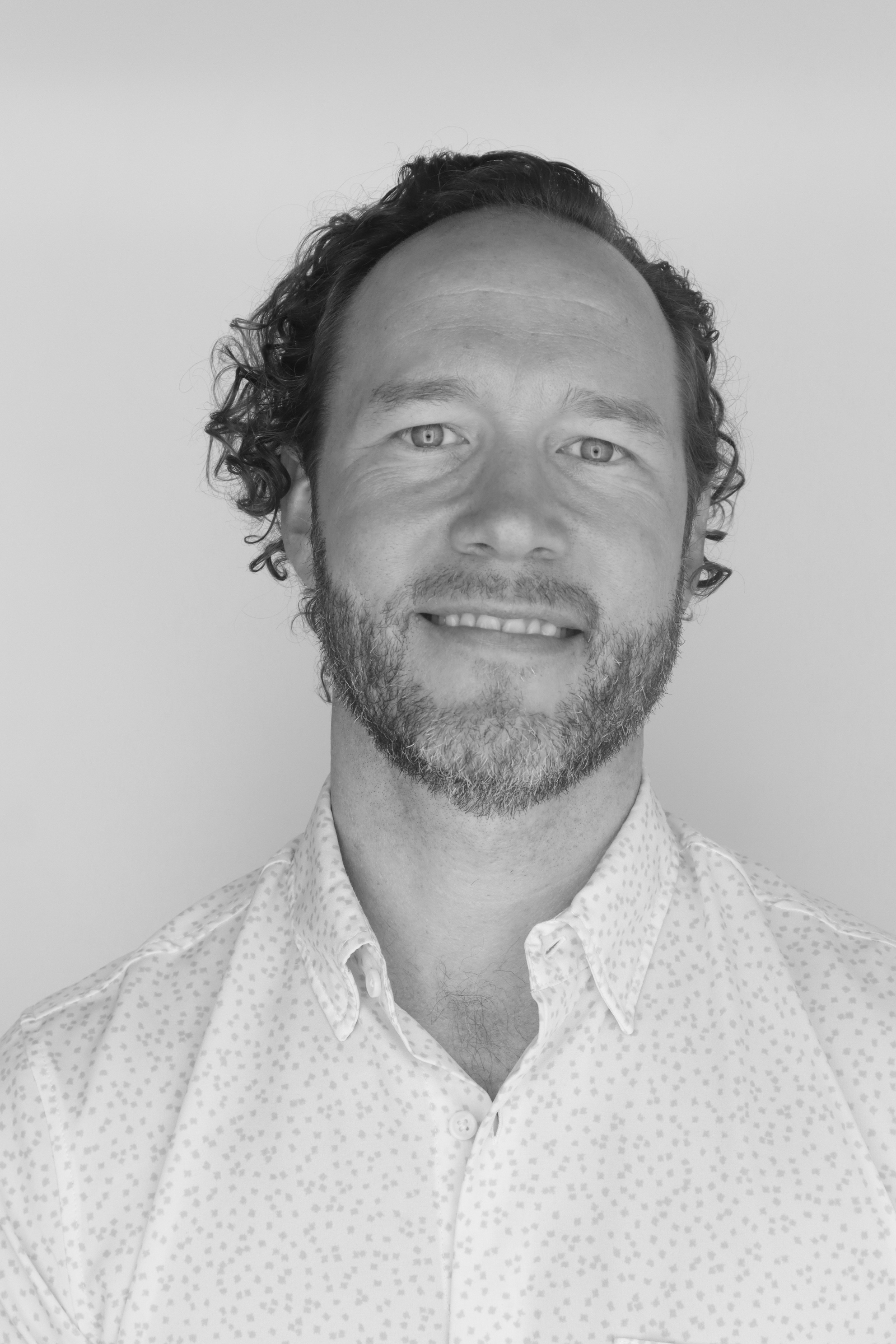This presentation describes providing public data on the CPS Virtual Organization for use during the tutorial Enhancing CPS Data Reproducibility, a one-day workshop co-located with CPS-IoT Week 2024 in Hong Kong.
Submitted by Riley Wagner on May 9th, 2024
This presentation describes publishing data on the CPS Virtual Organization for using during the tutorial Enhancing CPS Data Reproducibility, a one-day workshop co-located with CPS-IoT Week 2024 in Hong Kong.
Submitted by Riley Wagner on May 9th, 2024
The goal of this next phase of the Cyber-Physical Systems Virtual Organization (CPS-VO) is to continue to support and renew the CPS-VO infrastructure, while embracing the data revolution. The project will expand the CPS-VO's capacity to disseminate and collect data, models, and results from existing CPS research projects. This will increase the impact of those projects by making their research more readily accessible to others, as well as providing a means by which issues of repeatability and replicability can be demonstrated. Outreach activities within the research community include workshops to gather research project results, and advanced tutorials that enable CPS researchers to address issues of repeatability and reproducibility. The project will empower the hundreds of authors of tools, experimental validation data sets and education material from the last decade of CPS research to appropriately capture, archive, and make their results broadly accessible from within the Virtual Organization. The project will provide research supervision and mentoring opportunities to undergraduates from underrepresented groups. These undergraduates will be trained in techniques for reproducibility of CPS data results, preparing them for a career in industry or academia.
Intellectual Challenges addressed by this new phase of the CPS-VO include: (1) accelerating the pace at which the results of experimental validation of CPS research can be leveraged by other researchers, whether through physical system experiments or design studios; (2) using and replicating active resources and CPS design studios in the virtual era that is embraced by education and research groups; (3) expanding active resources to include data and data analysis resources, empowering CPS researchers to embrace the data revolution; (4) creating highly configurable service bundles that minimize the time investment for publishing tools, design studios, data and models on the CPS-VO platform; and (5) providing use case demonstrations at multiple scales of the CPS-VO modules, accelerating the pace at which adoption of the resources can occur.
Off
Vanderbilt University
Jonathan Sprinkle
-
National Science Foundation
 Submitted by Jason Gigax on November 9th, 2023
Submitted by Jason Gigax on November 9th, 2023